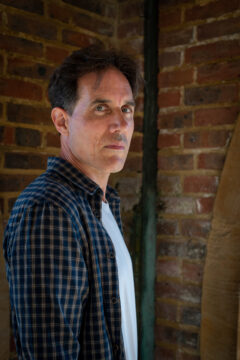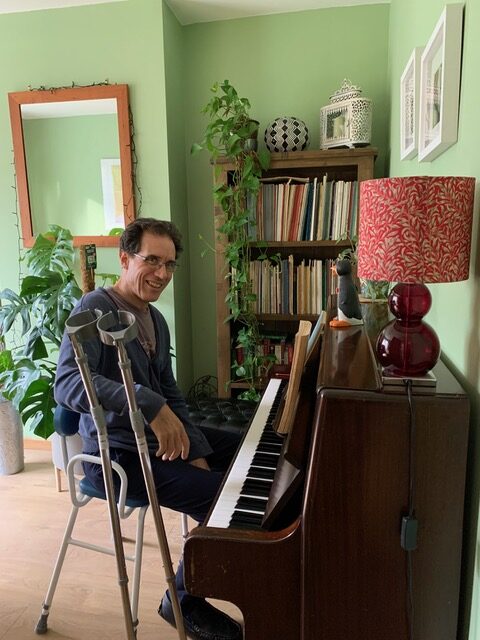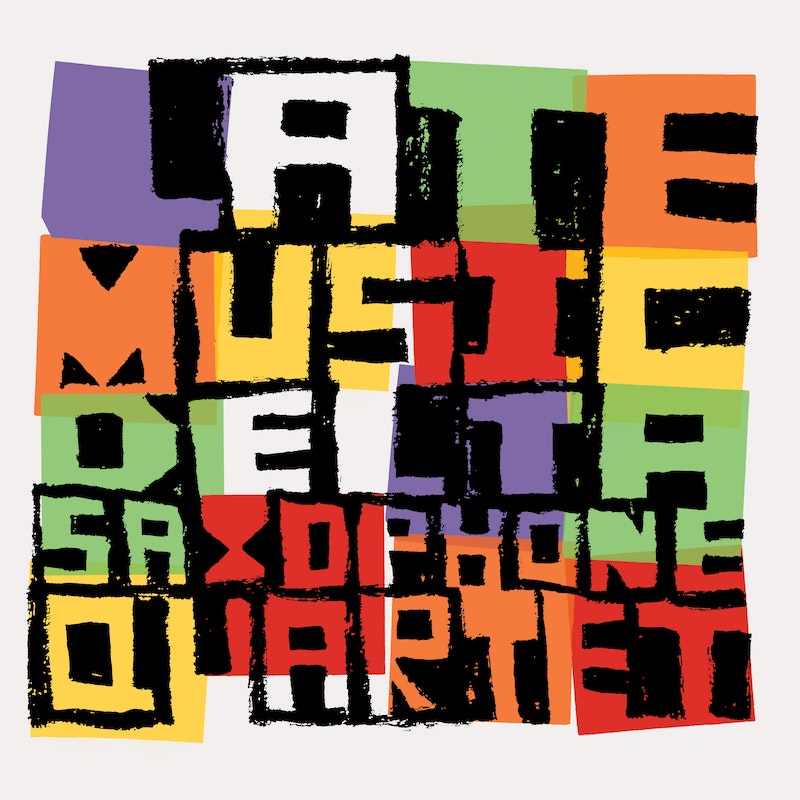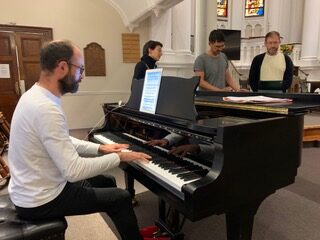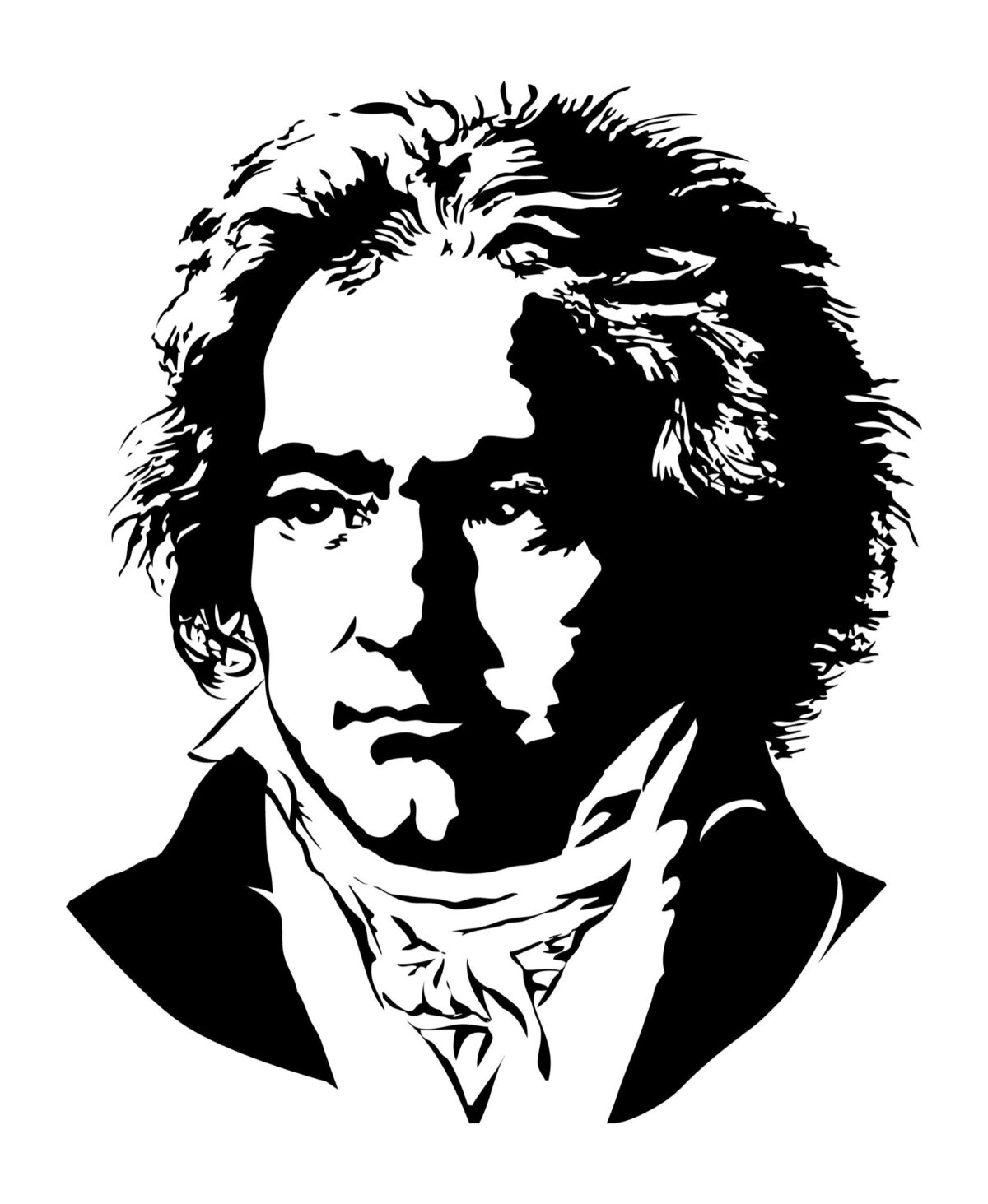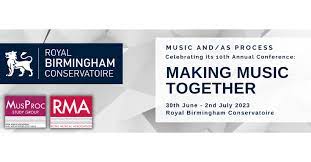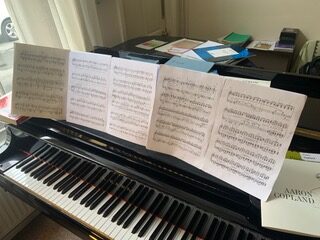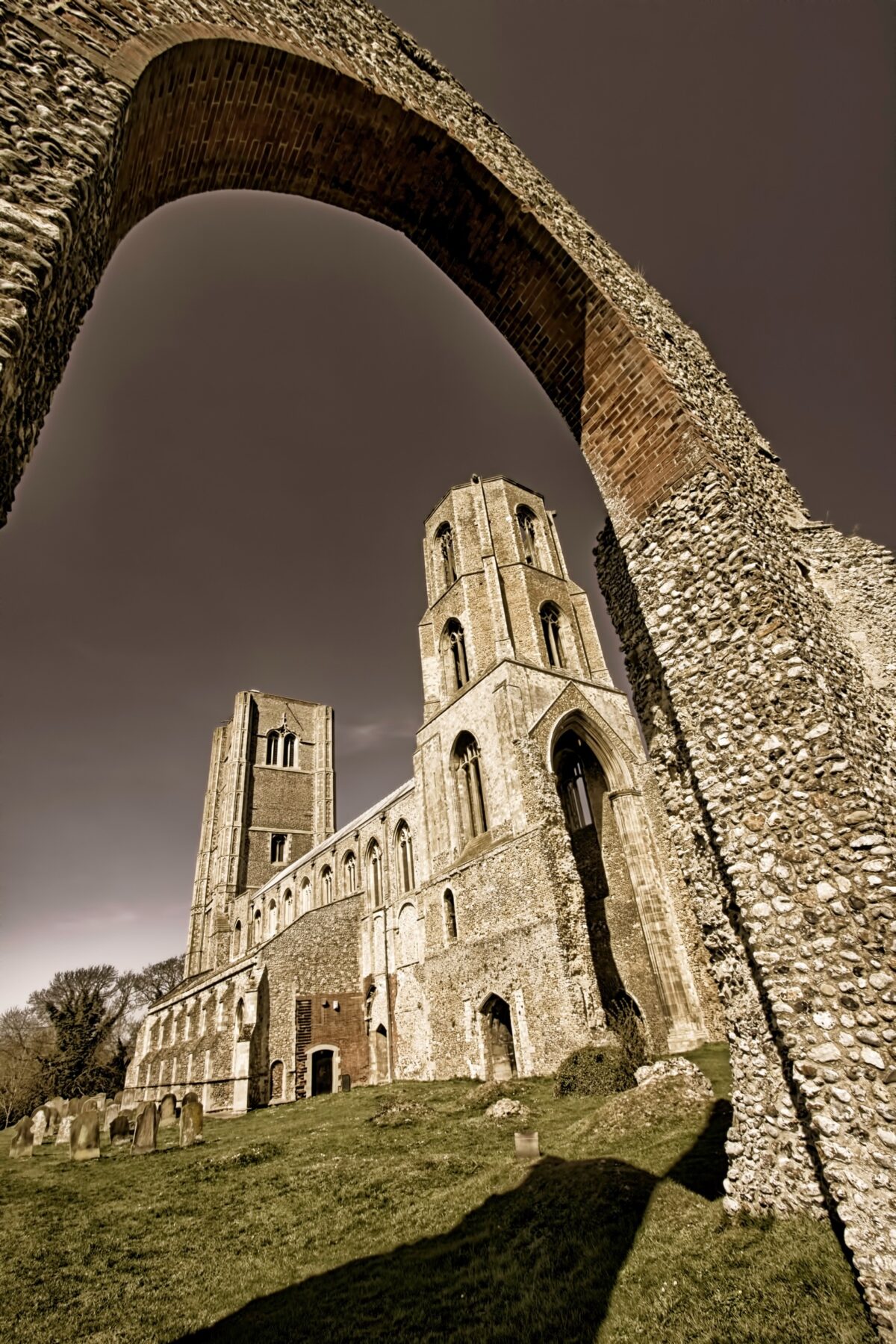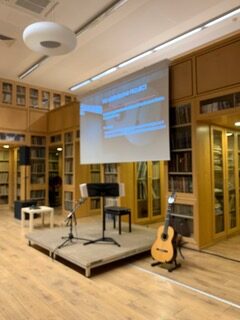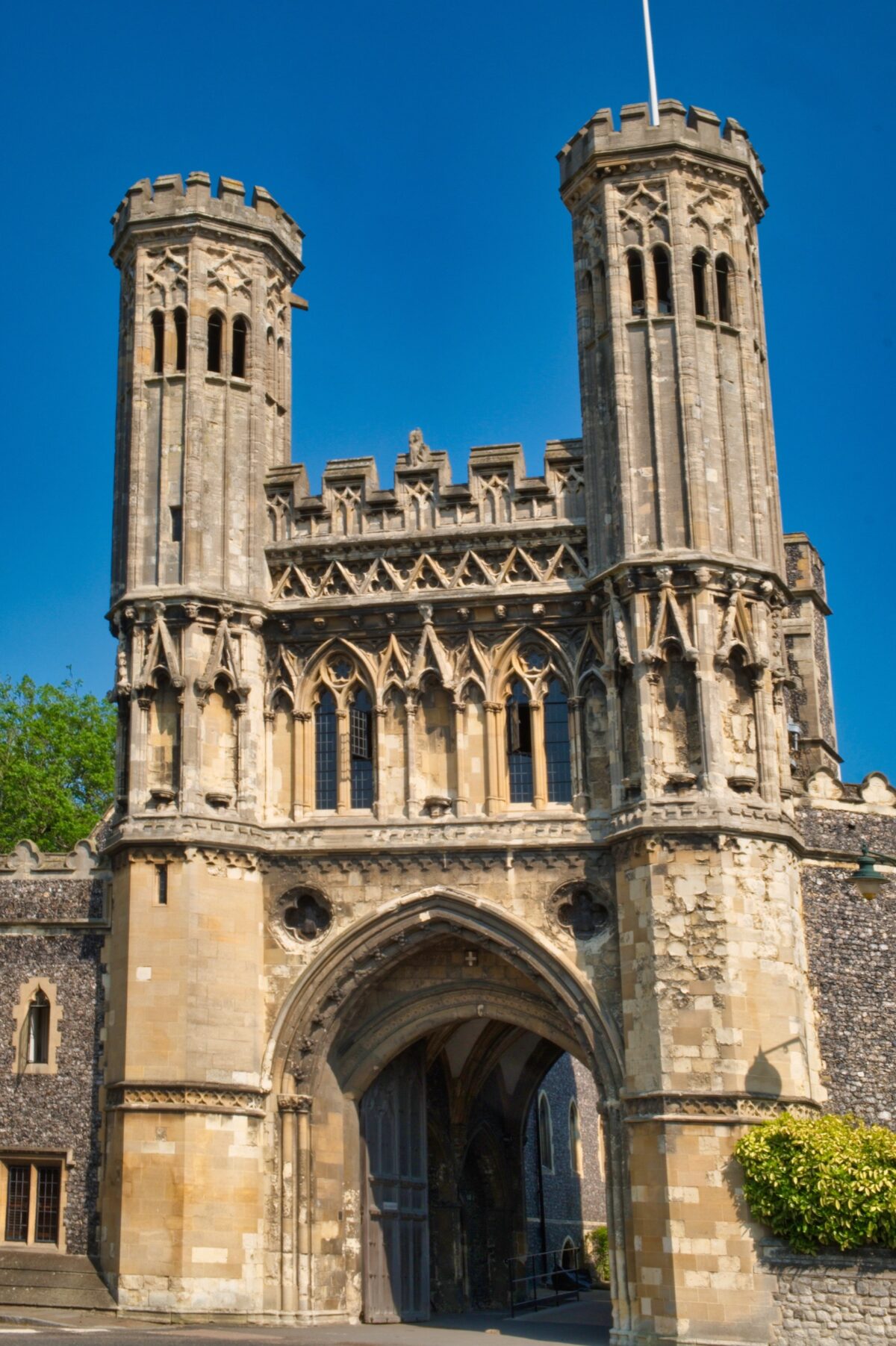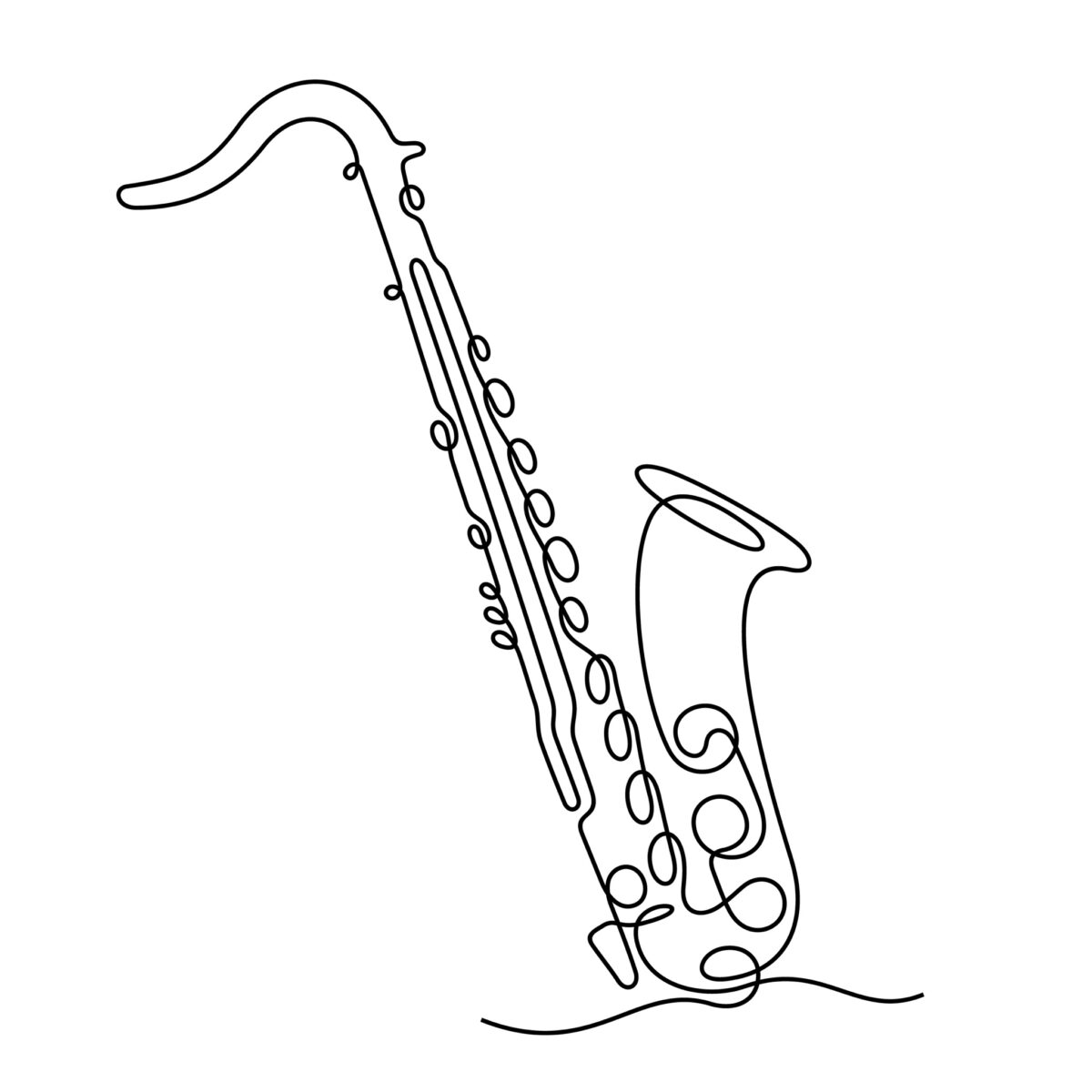January 2024: the new year did not get off to the best of starts – a cycle ride one Sunday ended with me being taken to hospital in an ambulance after skidding on a roundabout and landing heavily on my right hip. I’ve come off my bike before and bounced (sort of) but not this time unfortunately. Still, there have been some compositional upsides!
A hip replacement operation is pretty major surgery with the result that I find myself on six weeks sick leave. It has not been easy coming to terms with suddenly being an invalid – there is lots to get used to, lots of physio to fit in, lots of pain/discomfort to manage, lots of rest and recuperation. But I have also been suddenly handed just a little more composing time and this has helped me push certain projects forward and begin to disentangle the threads of overlapping, long term pieces of work. Chief amongst these has been the project with Trifarious that involves exploring the intersection between composing and arranging whilst constructing a seamless programme of familiar and less familiar classics capable of being easily toured around village venues. I’ve completed an arrangement of the first movement of Beethoven’s Symphony No. 5 for clarinet and violin that contains ‘openings’ into other works on the programme. I have also arranged Lilian Elkington’s orchestral memorial Out of the Mist, a piece depicting the arrival of the body of the ‘unknown soldier’ in 1920; here, live instruments are complemented with recorded tracks. The Elkington is an austere lament for the victims of war and, I hope, will form a kind of ‘still centre’ to the programme.
